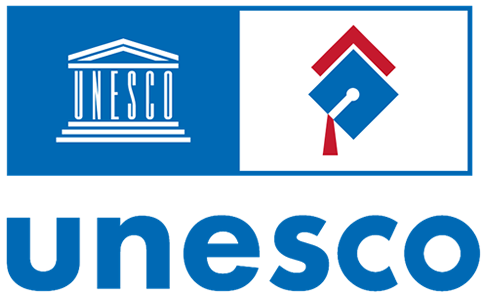The role of Open Access in the emergence and consolidation of peer-reviewed journals in Latin America and the Caribbean
Abstract
Purpose: Analyze the role of open access in the growth of Latin American (LA&C) refereed journals at the national, regional, and global levels. Methods: Data came from two sources: 1) six of the main open access databases/repositories (OpenDOAR, DOAJ, PKP’s OJS, Dialnet, SciELO, and RedALyC; 2) Notes taken during 175 in-depth semi-structured interviews that were conducted between 2008 and 2010 with journal editors, university authorities, government staff, international organization officials, and other experts. The interviews were carried out in Argentina, Brazil, Chile, Colombia, Mexico, Uruguay, and Venezuela. Findings from the databases/repositories are used to describe the presence of LA&C journals as a region and by country. They are organized in tables and analyzed descriptively. Results: SciELO had 816 journals, 21,324 issues, and 314,758 documents/articles; RedALyC had 758 journals, 14,381 issues, and 177,017 articles. Dialnet included 7,168 journals, 3,246,415 documents, and 2,230,929 articles. 1,190 journals (18.52%) from LA&C were included in DOAJ. Colombia is the country with the second highest number of journals in RedALyC after Mexico and in SciELO after Brazil. Conclusion: LA&C has a strong presence in international and regional repositories of open access journals, which increases the visibility of the region’s publications and the possibility of developing academic networks. Regional directories like Latindex and repositories/indexes such as RedALyC and SciELO have had a major impact on the development of LA&C journals. Two factors seem to be supporting the emergence of a model of scientific/scholarly publication in LA&C: open access publication and regional repositories and databases/indexes.
Copyright (c) 2012 Revista Educación Superior y Sociedad (ESS)

This work is licensed under a Creative Commons Attribution-NonCommercial 4.0 International License.
Copyright notice
Copyright allows the protection of original material, and curbs the use of others' work without permission. UNESCO IESALC adheres to Creative Commons licenses in the open access publication of ESS. Specifically, texts published in this journal are subject to a Creative Commons Attribution-NonCommercial 4.0 International (CC BY-NC 4.0) license: ESS is an open access journal, which means that all content is freely available to the user or their institution. Users may read, download, copy, distribute, print, search or link to the full text of the articles, or use them for any other lawful purpose, without asking prior permission from the publisher or the author, always making sure to cite the author. Commercial use is not permitted. ESS requires authors to accept the Copyright Notice as part of the submission process. Authors retain all rights.
The full license can be found at https://creativecommons.org/licenses/by-nc/4.0/
 Attribution - NonCommercial (CC BY-NC 4.0)
Attribution - NonCommercial (CC BY-NC 4.0)
This journal does not charge authors for the submission or processing of articles. The authors of the contributions will receive acknowledgment of receipt that the work has reached the Editorial Team of the Journal.




.png)
